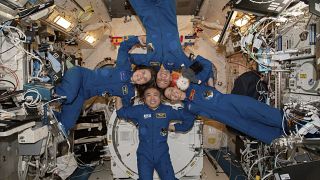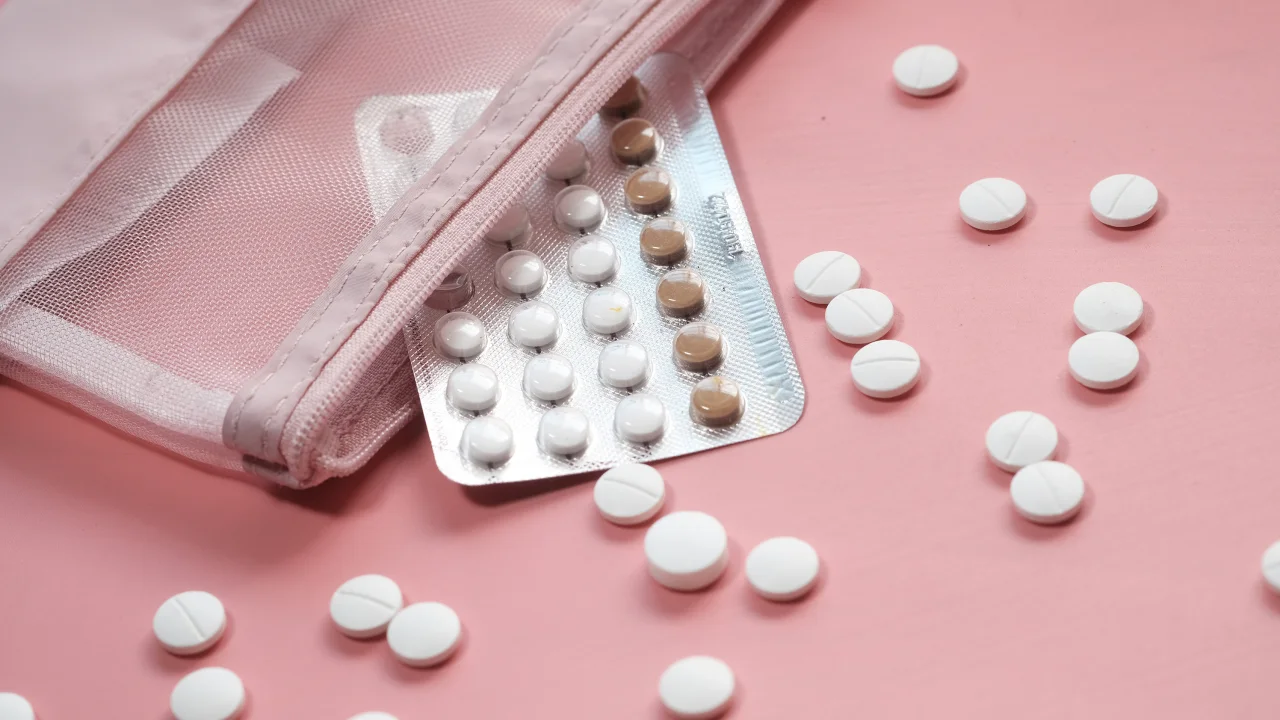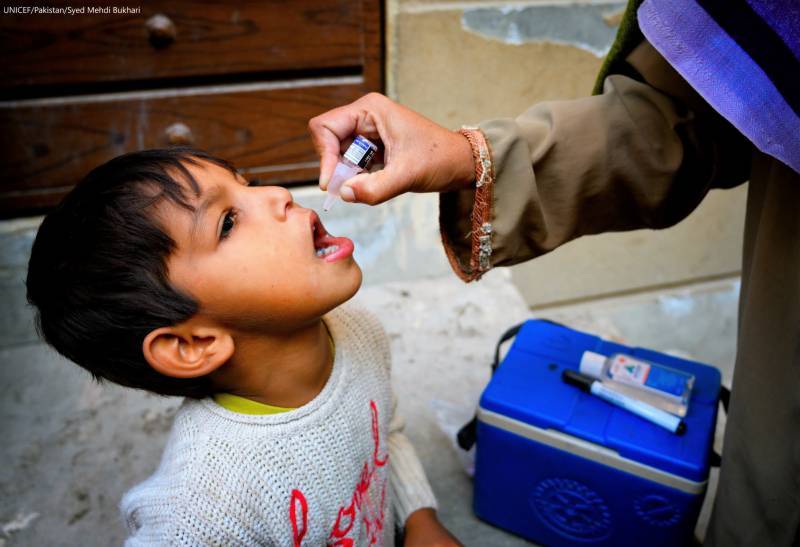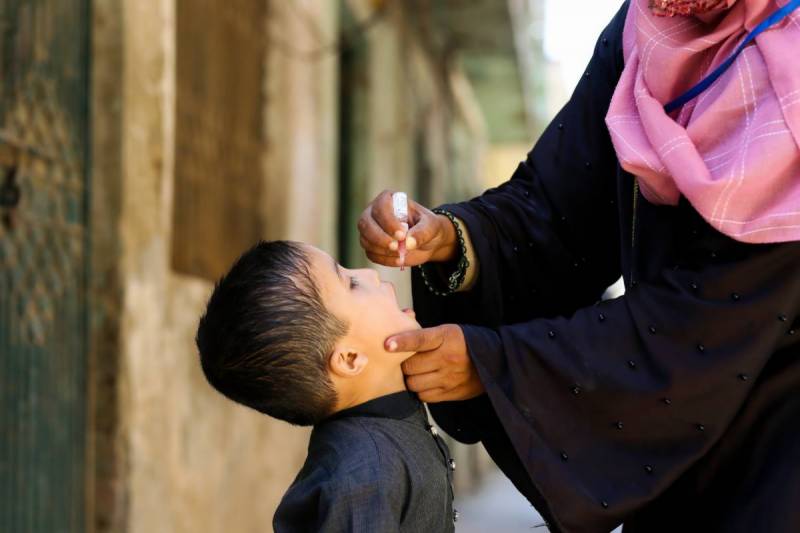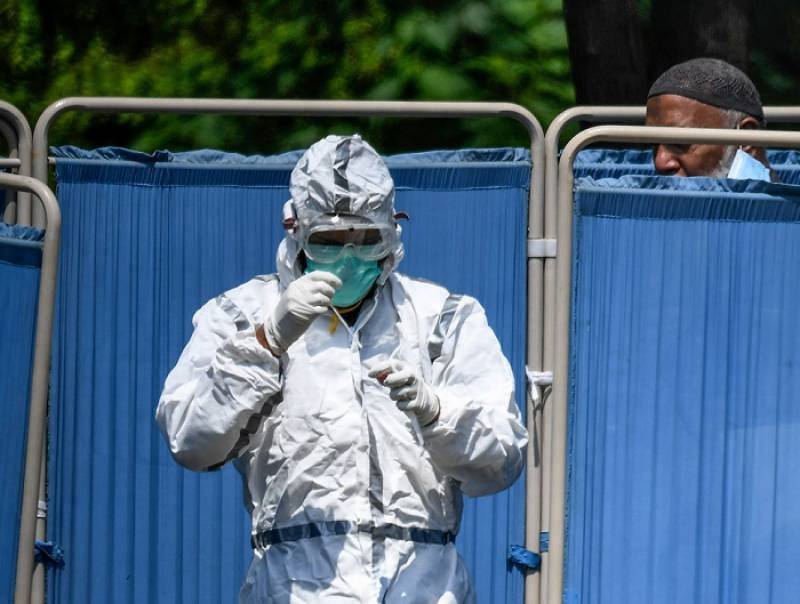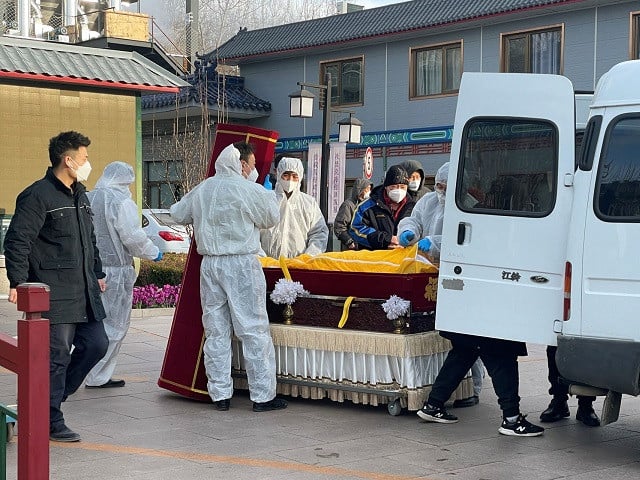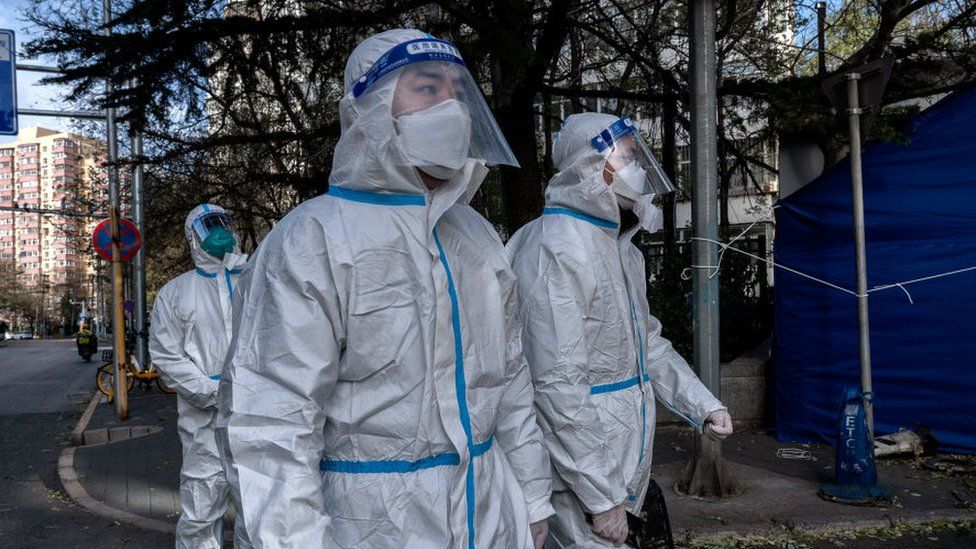When humans travel to space, they appear to become more susceptible to infections – and a new study shows why that could be the case.
Researchers from the University of Ottawa in Canada studied 14 astronauts – three women and 11 men – who spent between 4.5 and 6.5 months at the International Space Station (ISS) between 2015 and 2019.
The study, which was published on Thursday in the journal Frontiers in Immunology, looked at genes in white blood cells related to the immune system, finding that they were dialled down when astronauts reached space and increased when they returned to Earth.
The results imply that when astronauts travel to space, the strength of their immune system decreases.
“Here we show that the expression of many genes related to immune functions rapidly decreases when astronauts reach space, while the opposite happens when they return to Earth after six months aboard the ISS,” said Dr Odette Laneuville, an associate professor in the Department of Biology at the University of Ottawa and leading author of the research that was funded by the Canadian Space Agency (CSA).
A weaker immune system would make the astronauts more at risk for contracting infectious diseases, explaining why astronauts tend to shed more live virus particles in space.
Dr Guy Trudel, a rehabilitation physician and professor at the University of Ottawa in the Department of Cellular and Molecular Medicine, said that weaker immunity could limit “astronauts’ ability to perform their demanding missions in space”.
“If an infection or an immune-related condition was to evolve to a severe state requiring medical care, astronauts while in space would have limited access to care, medication, or evacuation,” he said in a statement.
Studies are increasingly showing that the arduous journey to space and the extreme environment that astronauts encounter there has an impact on their health.
Negative impact to ‘most physiological functions’
Astronauts are exposed to both cosmic radiation and microgravity – which creates the perceived state of weightlessness in space.
This has been shown to negatively impact “most physiological functions,” the study authors point out.
A study last year looking at astronauts who spent several months on the ISS found that they experienced reduced bone mineral density and reduced bone strength.
Some of those astronauts did not recover their bone mineral density after returning to Earth.
But the latest findings from the University of Ottawa showed that most genes returned to “pre-flight level of expression” within a year of astronauts’ return to Earth, and typically sooner than that.
“The next question is how to apply our findings to guide the design of countermeasures that will prevent immune suppression while in space for long-duration flight,” Laneuville said.


